“And certainly, the mistakes that we male and female mortals make when we have our own way might fairly raise some wonder that we are so fond of it.”
I about wept when I finished this book. It was like leaving a world I love. A general complaint about love stories is that they end after marriage or right after happiness is achieved, but George Eliot’s Middlemarch doesn’t stop there. She follows her characters for years after marriage, through disillusion, and allows the reader to watch the characters become.
Eliot shows the power of love and goodness with wit and rawness in Middlemarch. Her text critiques the idea that love should only exist in flawlessness and suggests that, in reality, love only exists in recognition and in embracing human flaws. Out of the many characters, Dorothea is my favorite.
As an interesting side note, George Eliot (pen name for Mary Ann Evans) and I share a birthday on November 22. Anyway, Middlemarch was published in 1871 and is, arguably, one of the most beautiful pieces of English literature.

Portrait by Frederick William Burton, 1864



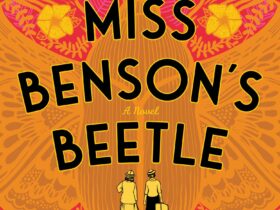

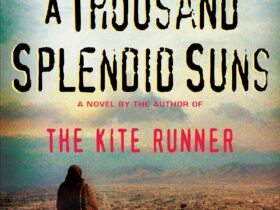
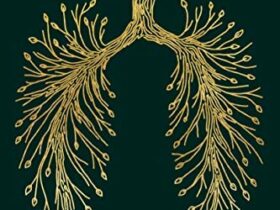

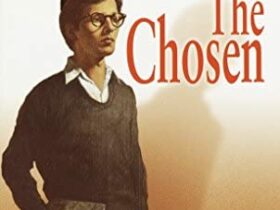
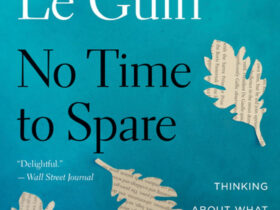

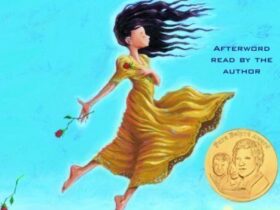

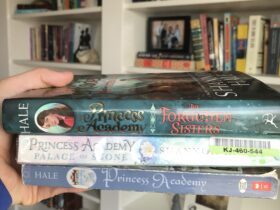
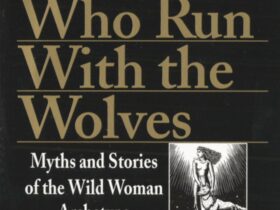





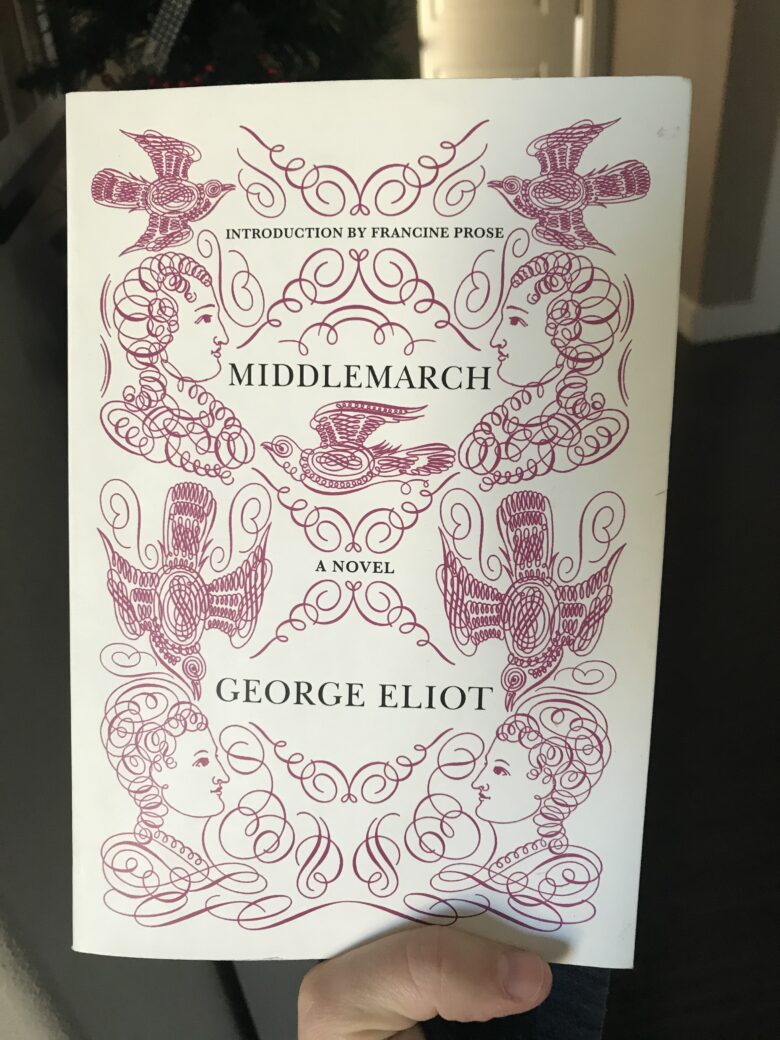



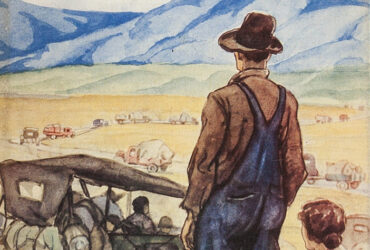

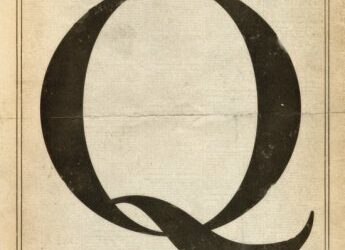

Leave a Reply